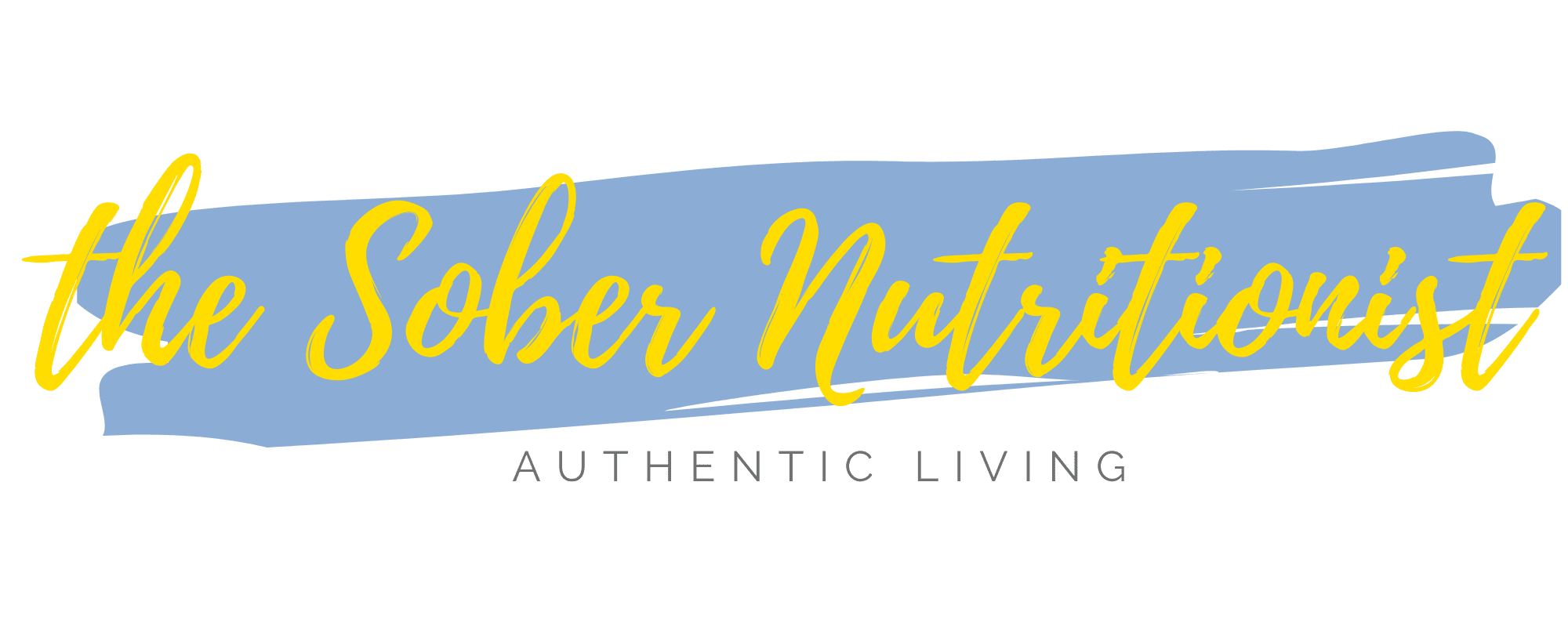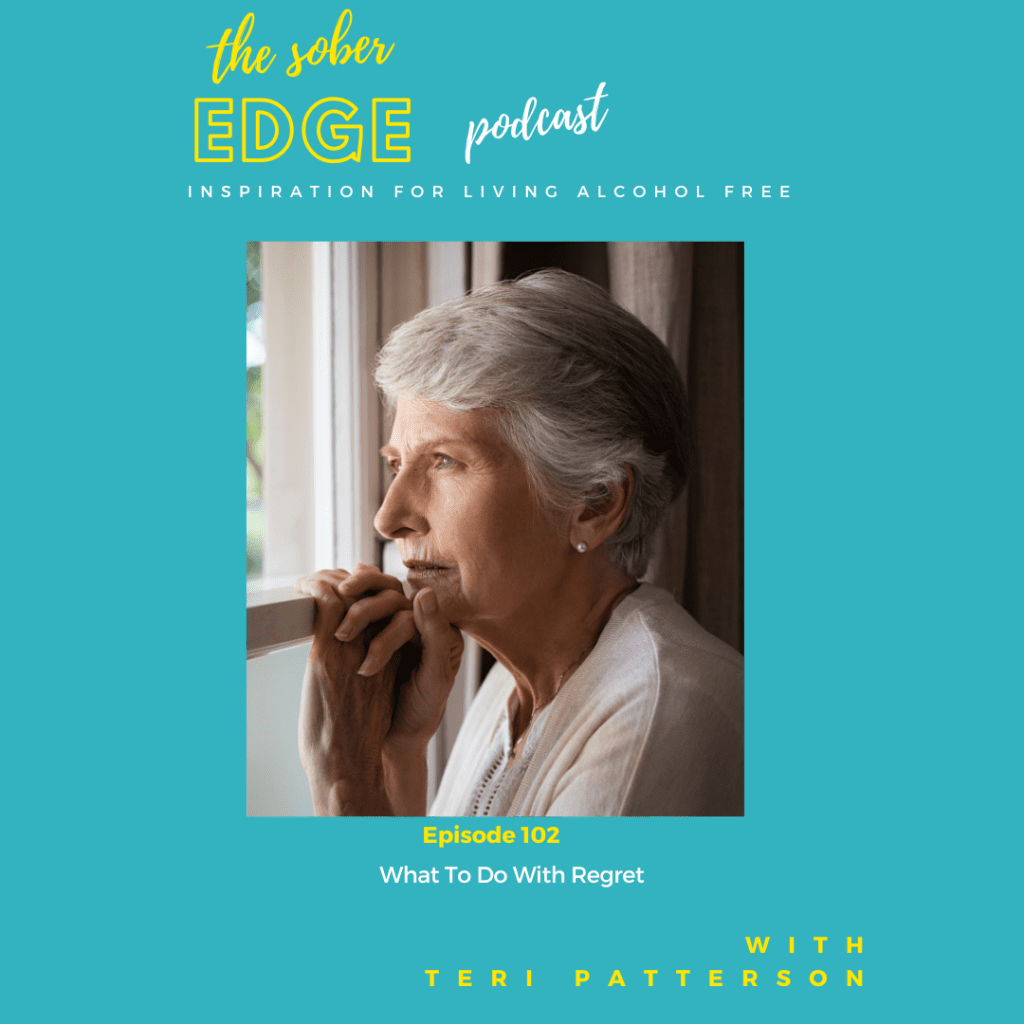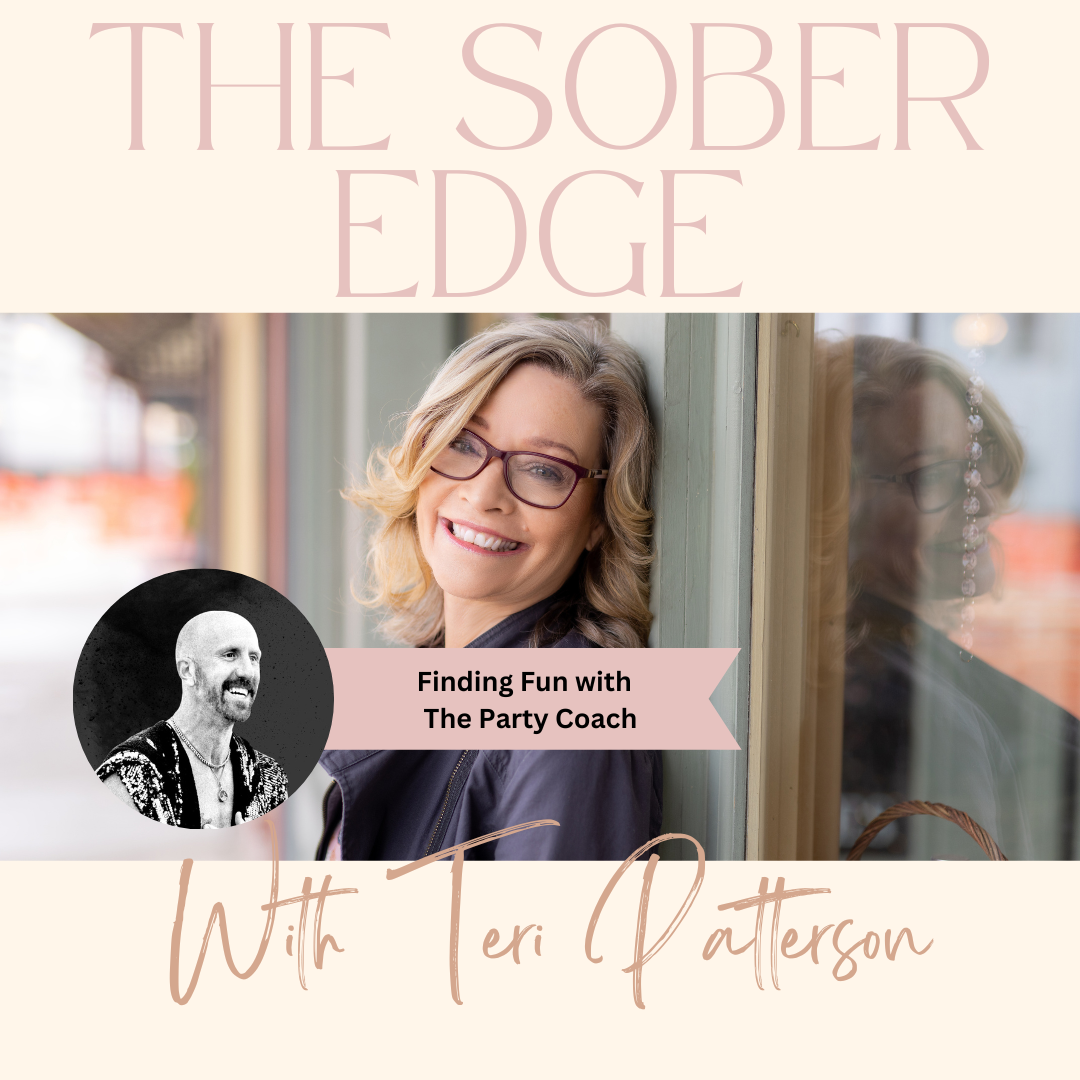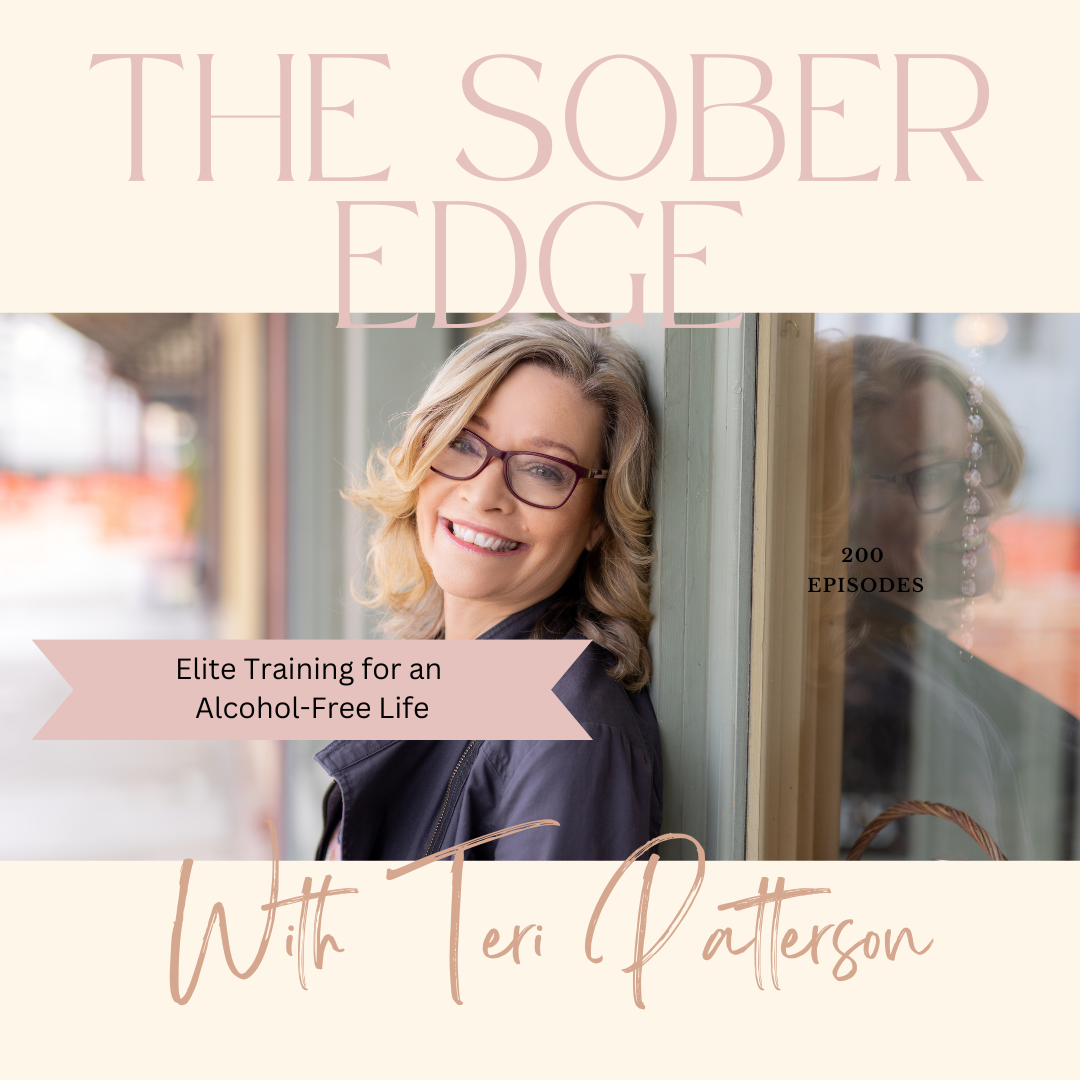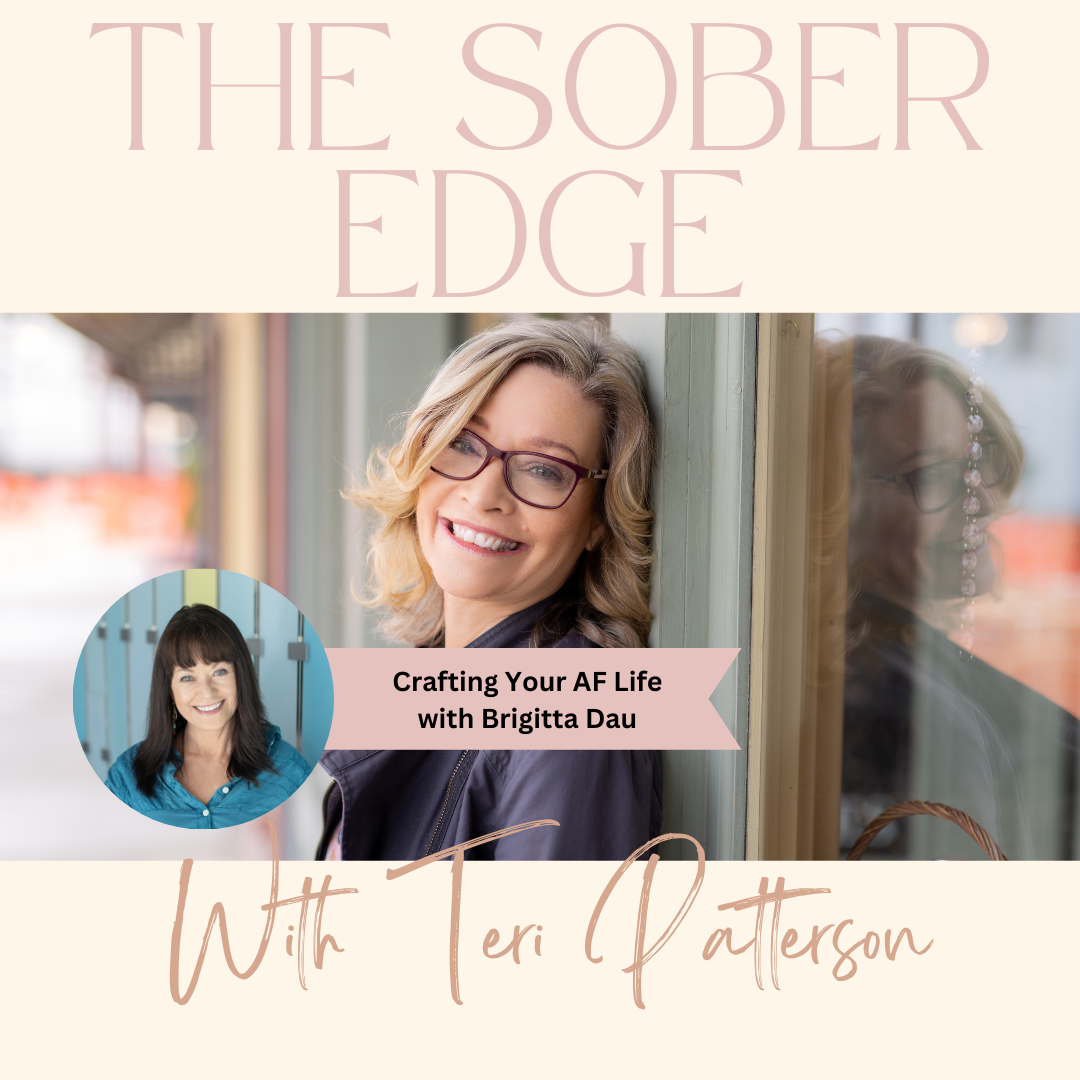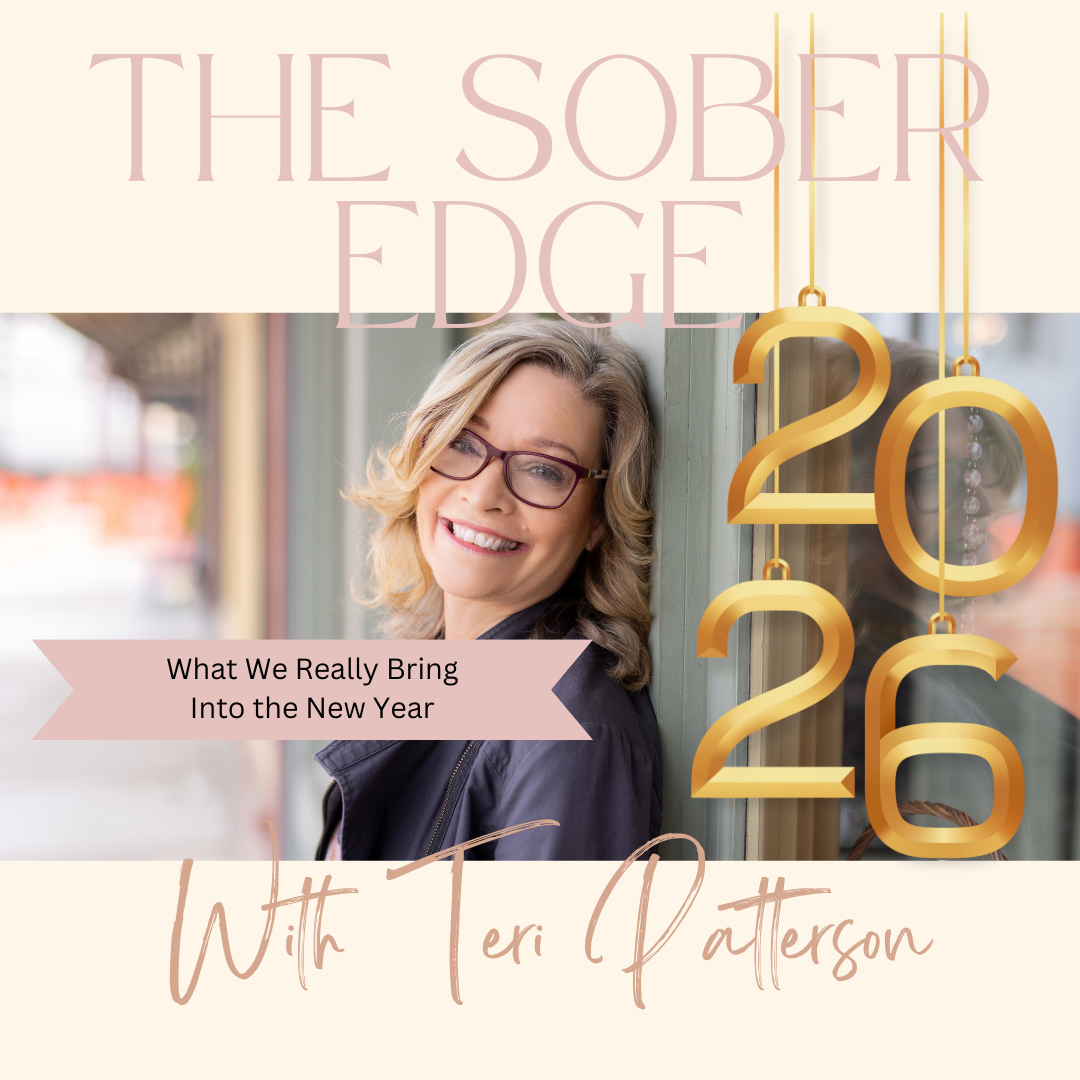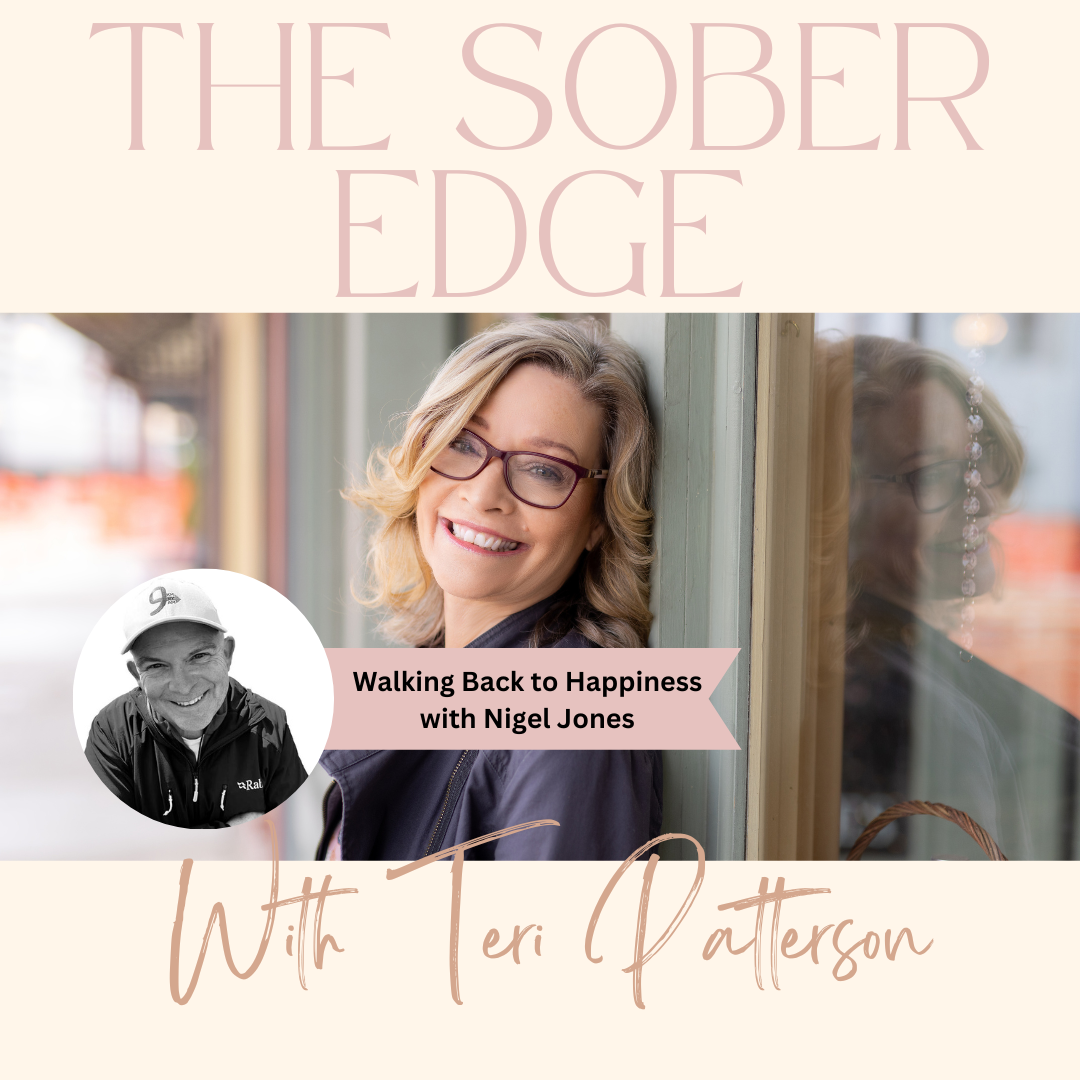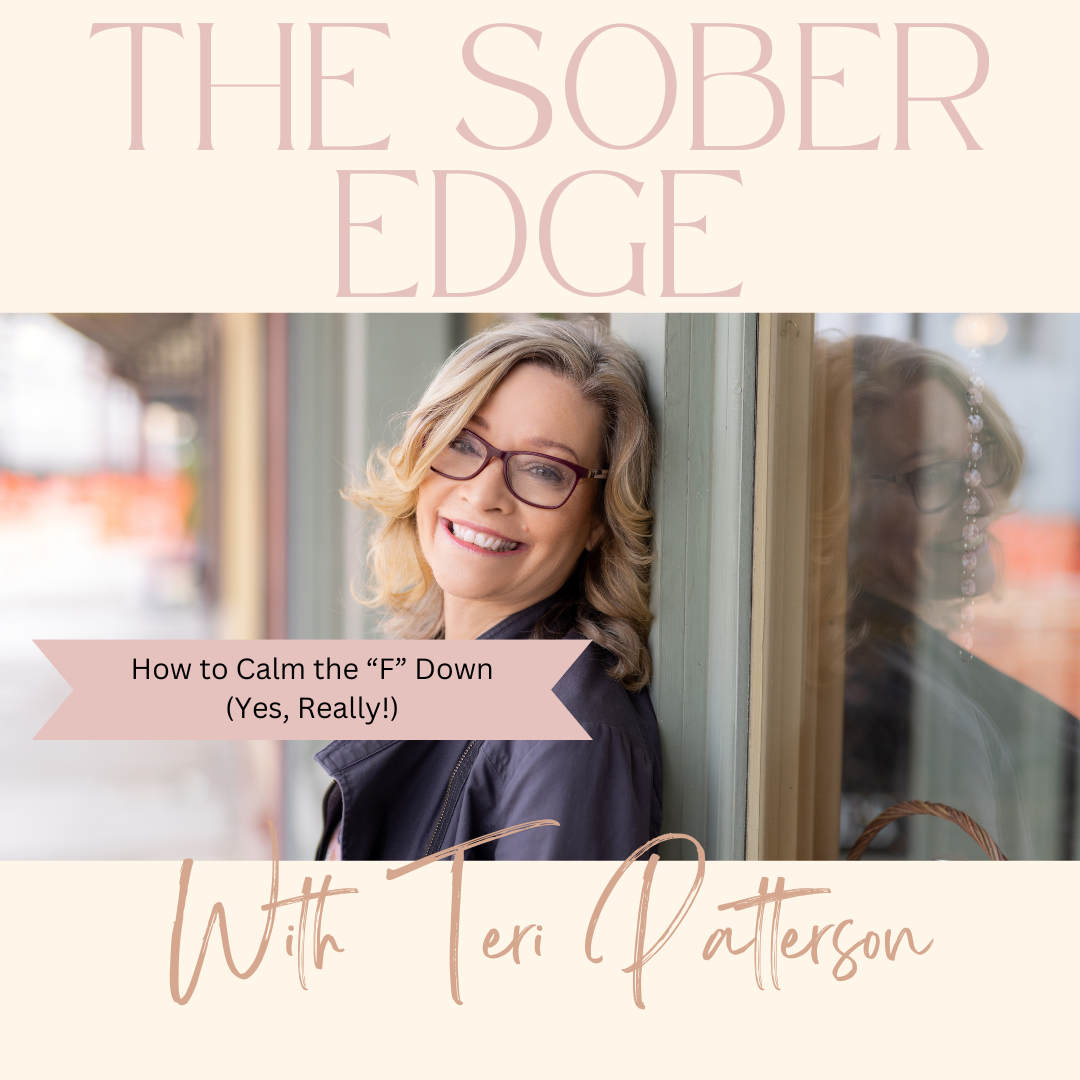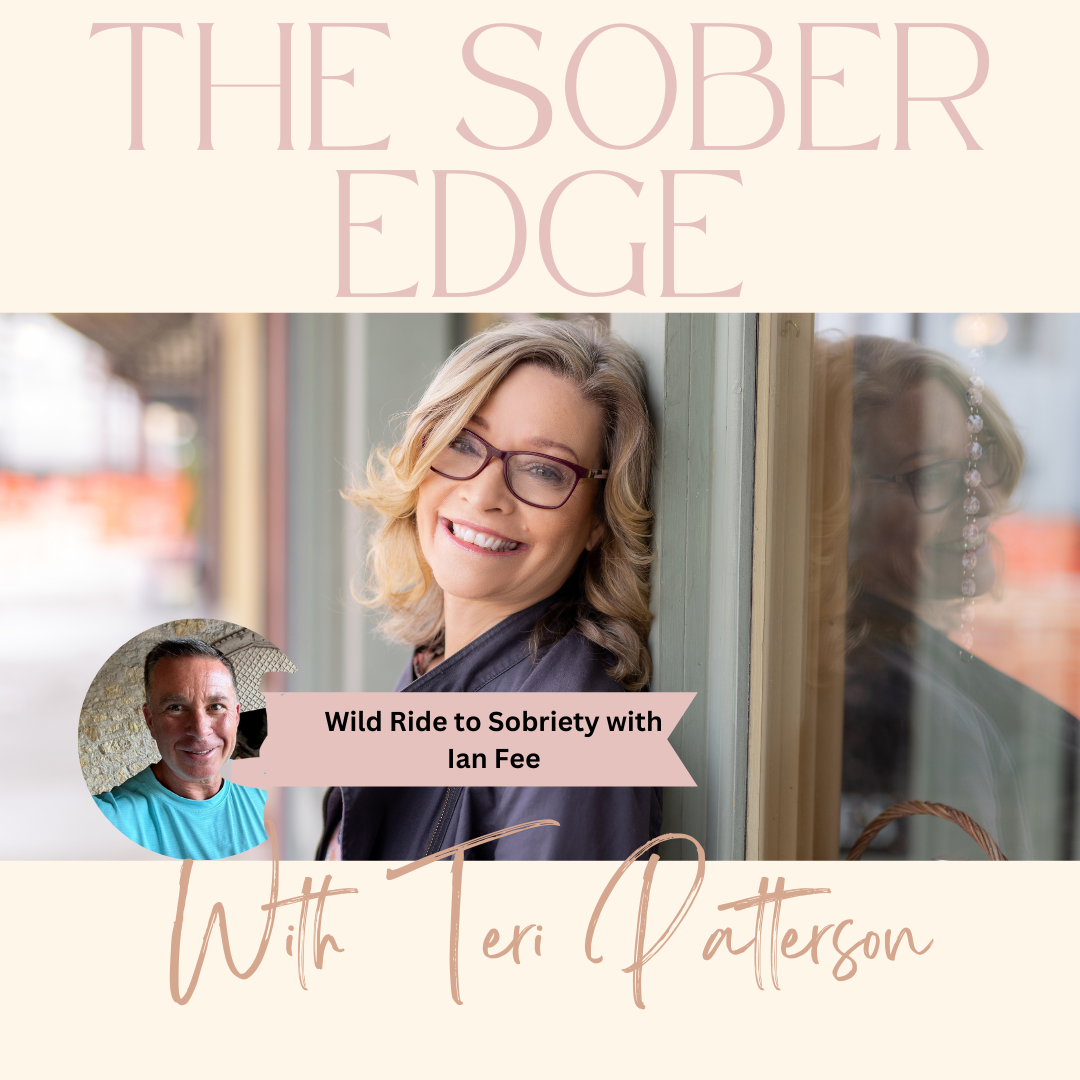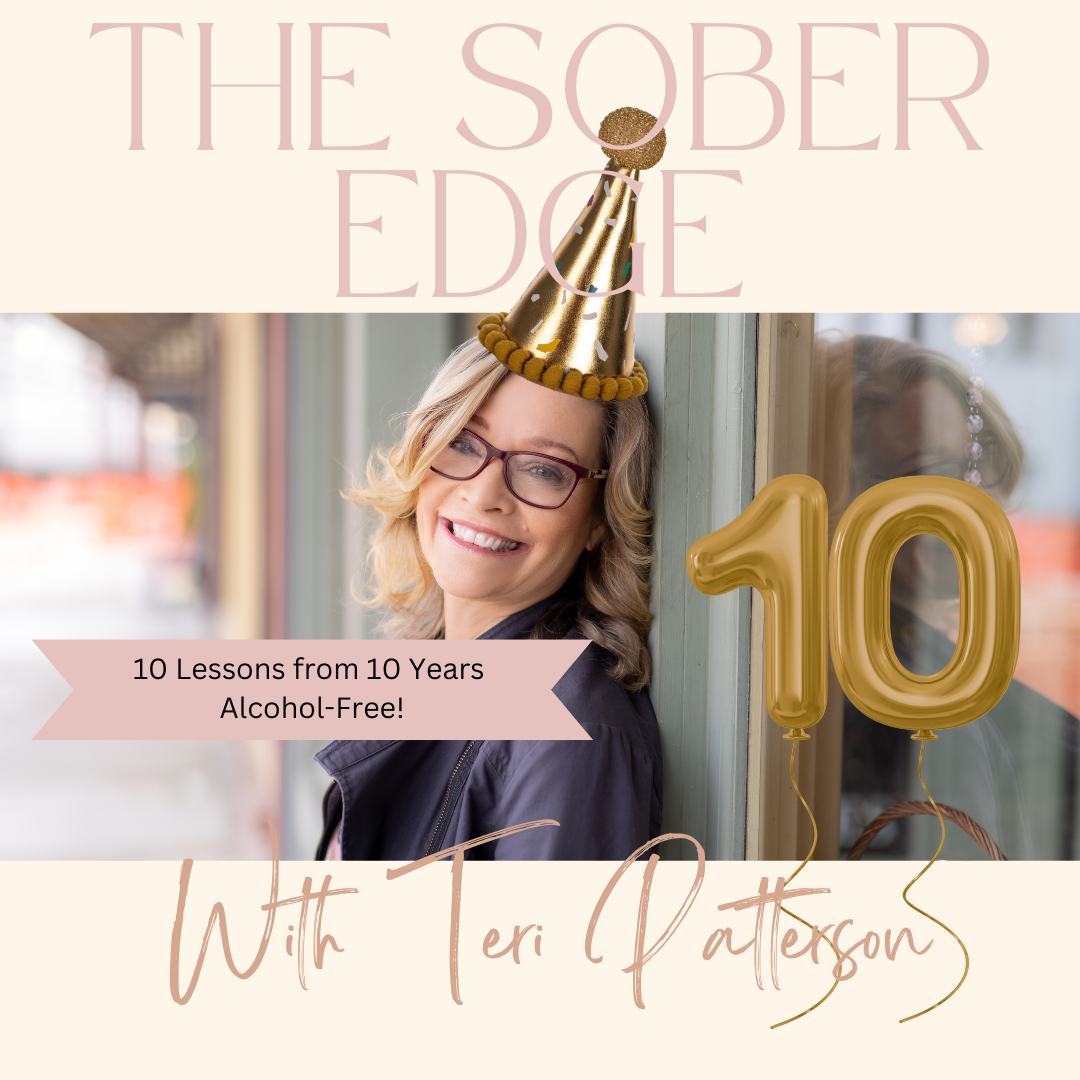Regret is a tricky emotion. It can leave us with shame and guilt about things we have done or not done. Or, it might lead us to false bravado, thinking that we should live life with no regrets.
The truth is, (almost) every human experiences regrets; children under the age of 7 or people with a neurological disorder are the only people that don’t. That means that regret is a by-product of the human condition. It’s not that you have a moral failing or you can’t ever learn from your past. In fact, regret has a clear purpose in helping us grow.
Regret is often confused with disappointment. Brene Brown defines the difference this way: With disappointment, we often believe the outcome was out of our control. With regret, we believe the outcome was caused by our decisions or actions.
Regret also has a connection to vulnerability and shame. To acknowledge our regrets takes courage and vulnerability. It’s hard to process regret because it hurts a bit and we can even carry some shame about our behavior. But, when we can face regret with self-compassion, we can learn so much.
Regret is designed to help us clarify what really matters. When we have regrets, it gives us information about our values and teaches us to be bolder, braver and kinder.
Brene Brown says this about regret in her book ‘Atlas of the Heart’: “I firmly believe that regret is one of our most powerful emotional reminders that reflection, change and growth are necessary. …when used constructively, it’s a call to courage and a path toward wisdom.”
I think drinking and over drinking are one of those places where regret can feel painful. I know I certainly have regrets about the way I parented, how I treated my spouse, the things I missed out on because of drinking. But, when I review these regrets they are a powerful reminder of why I never want to go back to drinking. I also look back and have regrets about wasted time, but this is also a gift, it helps me live today with more intention and presence.
I used to say “I have no regrets” with pride and a bit of arrogance, as if no regrets meant I was a wise individual. Now I realize that what Brene Brown says is true, “The idea of “no regrets” doesn’t mean living with courage, it means living without reflection. To live without regret is to believe we have nothing to learn, no amends to make and no opportunity to be braver with our lives.”
So today, I invite you to bravely consider what your regrets have taught you. I invite you to use reflection instead of deflection to dig deeper into your heart and discover your core values.
Mentioned in this podcast:
Brene Brown ‘Atlas of The Heart’
Daniel Pink ‘The Power of Regret. How Looking Back Can Help Us Move Forward’
Dare To Lead Podcast: The Power of Regret with Daniel Pink and Brene Brown
Grab my free guide: Drinking Through The Decades
